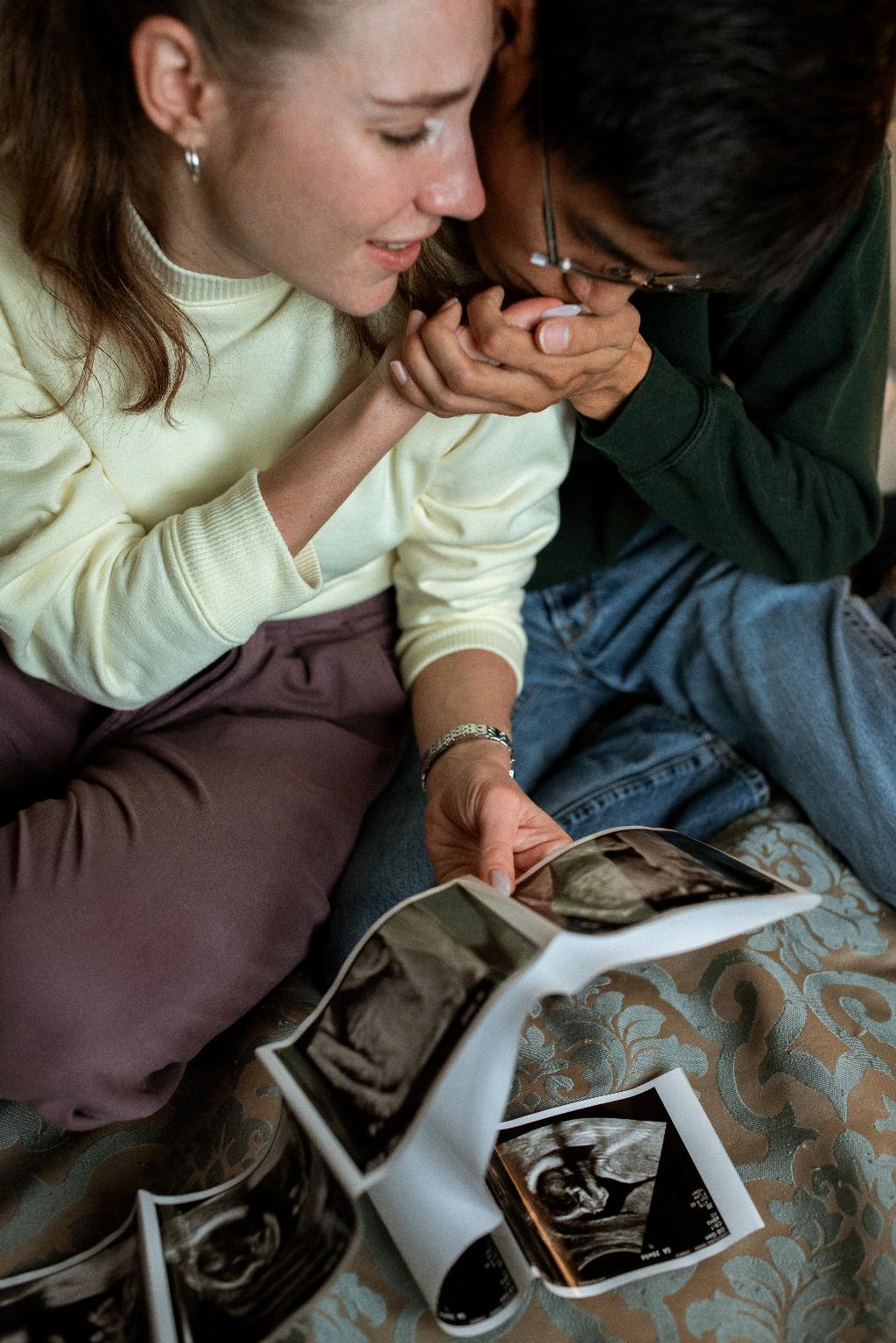When it comes to experiencing the earliest signs of pregnancy, such as cramps, it can be a mix of emotions and sensations for many women. These cramps are often subtle and can vary from person to person, but they can provide valuable insights into what your body is going through during this crucial time.
Characteristics of Pregnancy Implantation Cramps
One of the key aspects of the earliest pregnancy cramps is that they are typically associated with the process known as implantation. These cramps, unlike the intense menstrual cramps that some women experience, tend to be more of a tingling or mild tugging sensation in the lower abdomen.
Accompanying Symptoms of Early Pregnancy Cramps
It’s important to note that the presence of cramps during early pregnancy may not exist in isolation. Often, these cramps can occur alongside a range of other symptoms that collectively signal the initiation of pregnancy. These can include a missed period, food aversions, heightened sense of smell, and swollen or tender breasts.
Timing and Duration of Early Pregnancy Cramps
Early pregnancy cramps can manifest shortly after conception, typically around 1-2 weeks post-ovulation. They may last for a few days or extend over a more prolonged period, depending on the individual’s body and the intensity of the cramps.
Location of Cramps in Early Pregnancy
While every woman’s experience is unique, early pregnancy cramps are mostly felt in the lower abdominal region. Some women may also experience cramps in the pelvic area or even slight discomfort in the lower back.
Intensity of Earliest Pregnancy Cramps
Compared to menstrual cramps, which can be quite intense and debilitating for some, earliest pregnancy cramps are generally milder in nature. They are often described as more of a dull ache or a gentle sensation as opposed to sharp, stabbing pain.
Emotional Impact of Pregnancy Cramps
Experiencing cramps during early pregnancy can bring forth a mix of emotions for expectant mothers. It can evoke feelings of excitement, anxiety, or uncertainty as they navigate this unique phase of life and anticipate the changes that lie ahead.
Significance of Recognizing Pregnancy Cramps
While early pregnancy cramps are generally considered a normal part of the implantation process, it’s crucial for women to pay close attention to their bodies and any accompanying symptoms. Recognizing these cramps can help in confirming a potential pregnancy and seeking appropriate prenatal care.
Consulting Healthcare Providers for Clarity
If you are unsure about the cramps you are experiencing or if they are accompanied by unusual symptoms, it’s advisable to consult with your healthcare provider. They can offer valuable guidance, perform necessary tests, and address any concerns you may have regarding these early pregnancy sensations.
Support Systems During Early Pregnancy
During the initial stages of pregnancy, having a supportive network of family, friends, or online communities can be immensely helpful. Sharing your experiences, concerns, and triumphs with others can provide emotional reassurance and a sense of connectedness during this transformative period.
Embracing the Journey of Early Pregnancy
As you navigate the sensations of the earliest pregnancy cramps and all that comes with it, remember to be kind to yourself and embrace the journey ahead. Every woman’s experience is unique, and each step brings you closer to the profound miracle of childbirth and motherhood.

